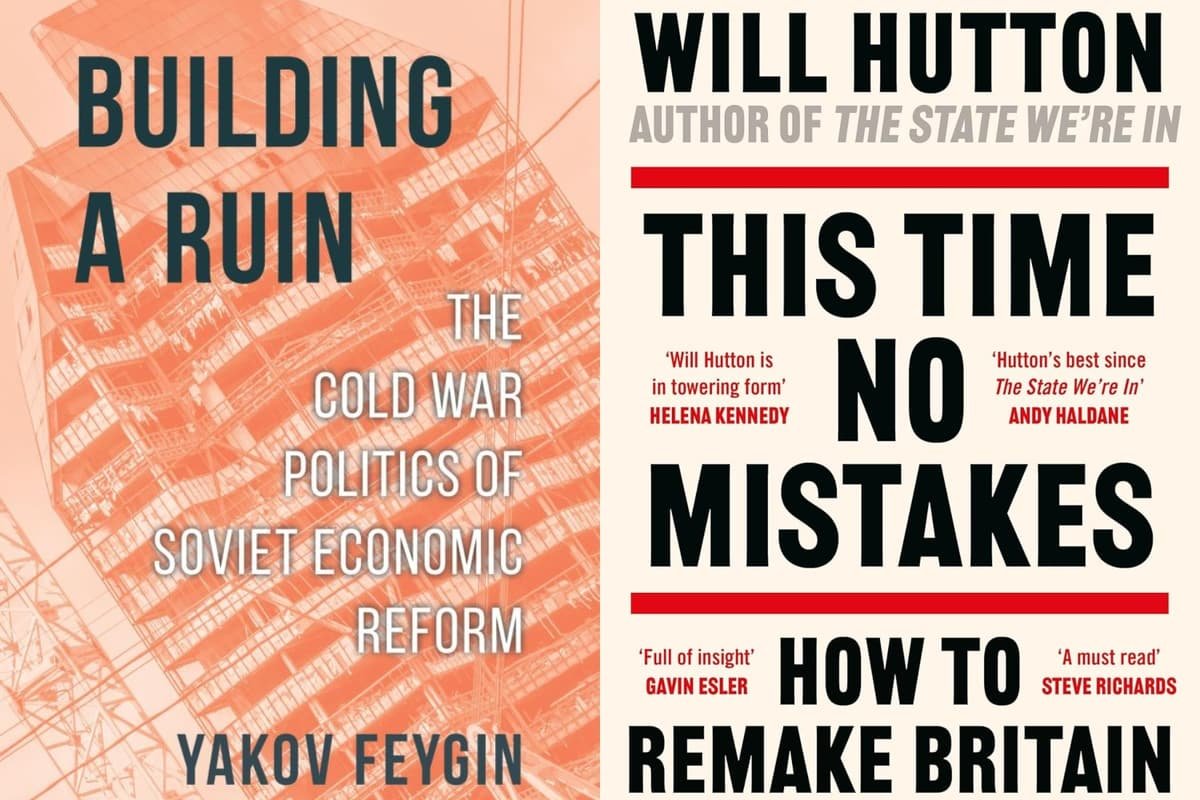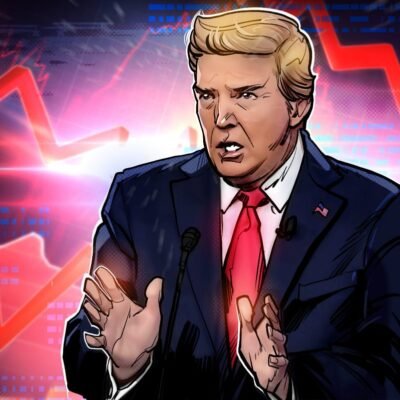
Economics can be a paradoxical subject. It is at once dry and fascinating; simultaneously simple and inscrutable.
Economics describes multitudes, from the way we govern our bank accounts to the way national coffers are governed, painting a complex picture of life and – crudely speaking – how we can afford it.
The shape and size of this subject can make it off-putting, despite its humongous impact on our lives. The experts aren’t inclined to disagree, either.
“Economics is a highly technical discipline – one full of maths and statistics that is not readily accessible to lay people,” says Professor David Spencer, Head of Leeds University Business School’s Economics Department and author of Making Light Work: And End to Toil in the Twenty-First Century.
This relative illegibility drives many of the misconceptions around economic policies and their impacts, and can even serve to divorce the subject from its real-world consequences. “Indeed, economics is often seen by critics to be irrelevant to the real world. It is seen to exist despite the challenges and problems faced by society.”
But economics is a much meatier subject than its colder calculations imply. Economic decisions have far-reaching implications, from industry to climate and from industry to the health of our neighbours. Understanding economics and its machines, even in small parts, can help us understand our world.
“Some economists have sought to make their ‘science’ more accessible by writing books for the general public”, continues Spencer, “but these books arguably only confirm the uphill struggle still faced in making economics more open and relevant to the world at large.” Spencer touches on the central struggle associated with making such a complex and multifarious topic accessible to the lay-reader, and in so doing illustrates the immense value attached to good ‘science’ communication.
If the wrong books can frustrate the goal of furthering our knowledge of economics and its impacts, then the right books can do a world of good; lucky, then, that many journalists, economics writers and economists – Spencer included – are here to write the right books.
Best books on economics to buy at a glance
- Best overall: Serious Money: Walking Plutocratic London – £9.85, Amazon
- Best for considering Britain’s future: This Time No Mistakes: How to Remake Britain – £19.57, Amazon
- Best for tech-onomics: Innovation for the Masses – £19.23, Amazon
- Best for understanding ecological economics: The War Below – £15.46, Amazon
- Best for economic history: Building a Ruin: The Cold War Politics of Soviet Economic Reform – £33.95, Amazon
- Best for economic exposé: When McKinsey Comes to Town: The Hidden Influence of the World’s Most Powerful Consulting Firm – £10.99, Waterstones
- Best for contextualising the present: Disorder: Hard Times in the 21st Century – £10.30, Amazon
- Best for crisis economics: The Pandemic Information Gap: The Brutal Economics of COVID-19 – £13.35, Amazon
- Best for cutting-edge solutions to age-old problems: Making Sense of Chaos: A Better Economics for a Better World – £18.69, Amazon
- Best for recontextualising capitalism: The Road to Freedom: Economics and the Good Society – £16.95, Amazon
Which should you add to your reading list? We’ve rounded up the best reads below to help shed more light on economics.




